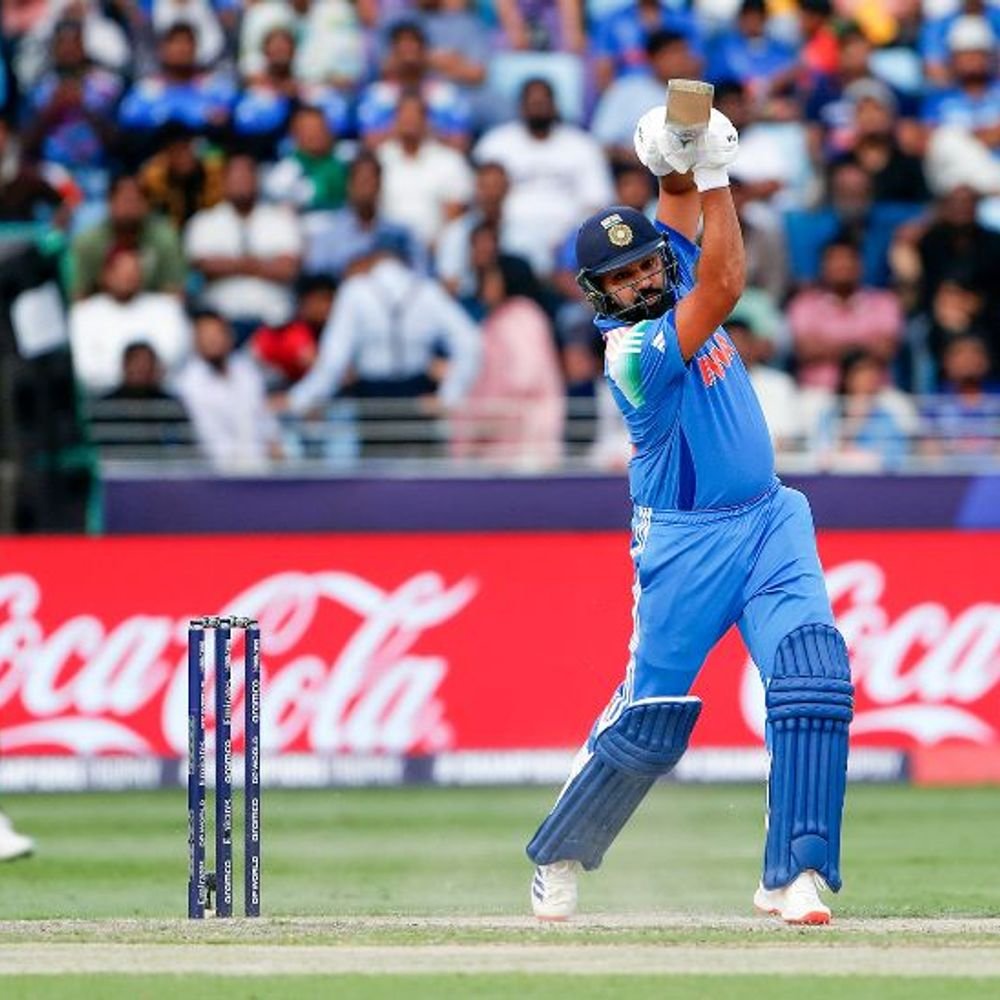Noticing that the mounting arrears have led to a mindset where “most of us are now interested in disposal of cases rather than administering justice,” Justice Vikram Aggarwal of the Punjab and Haryana High Court has called for judicial introspection.
Making it clear that hurry should not bury justice, the court also reminded the judges of the subordinate judiciary that they must not lose sight of their primary duty. “We should not forget that we are dealing with extremely important rights of parties and our first and foremost duty is to administer justice. We need to put our heads down and carefully deal with important rights of litigants more than anything else,” Justice Aggarwal asserted.
The observations came in a case where the high court found that a recovery suit had been handled with “extreme carelessness” by both the trial court and the counsel involved. The court noted that the trial court appeared to be in haste to dispose of the matter without realizing the serious implications for the parties. “At this point of time, the trial Court did not handle the matter with sensitivity and was probably in a hurry to dispose of the matter,” it stated.
Justice Aggarwal added: “I would not also entirely blame the trial court for this. On account of the mounting arrears, most of us are now interested in disposal of cases rather than administering justice. The suit was almost five years old and the court concerned, it appears, must have felt the pressure of disposing of an old case without realizing the implications of a decision on either side of the parties”.
Referring to the procedural lapses, Justice Aggarwal pointed out that fundamental requirements under Order VII Rule 14 of the Civil Procedure Code were grossly violated at the very stage of presenting the plaint. “The documents relied upon by the plaintiff were to be entered in a list and were to be produced in the court at the time of presentation of the plaint. The record, however, shows that no such exercise was carried out,” the court observed, terming it the first lapse on the part of the court and its staff.
Referring to “the turn of the lawyers”, Justice Aggarwal observed an affidavit filed in the matter by a prosecution witness mentioned 38 documents. But only two documents were tendered. The court asserted that the litigants—many of them illiterate villagers—depended on the lawyers for proper assistance.
“It has to be borne in mind that litigants approach lawyers, for, mostly they have no legal knowledge and further mostly they are rustic illiterate villagers and the duty of the legally trained professionals is to assist them properly. However, grave prejudice was caused to the plaintiff on account of non-tendering of the documents along with the affidavit,” Justice Aggarwal added, while disposing of the matter on merits.







